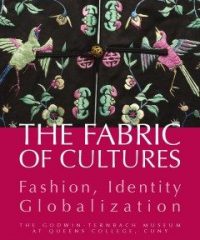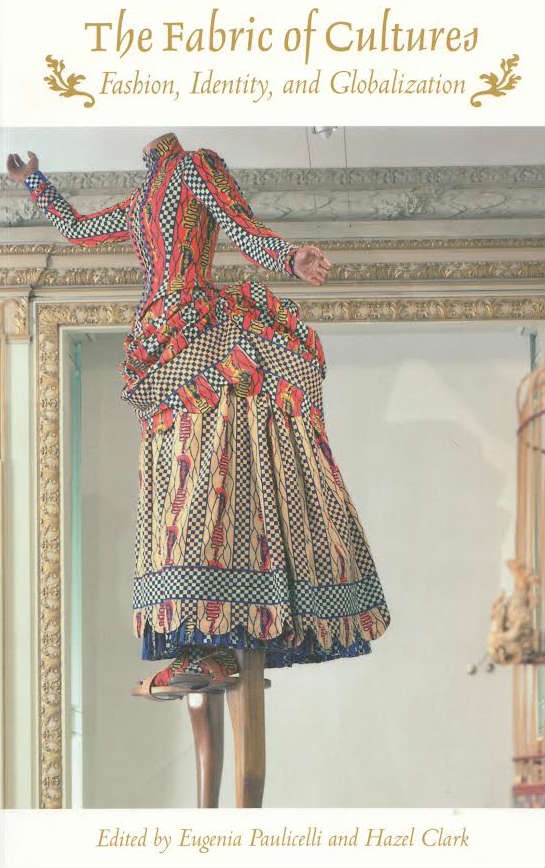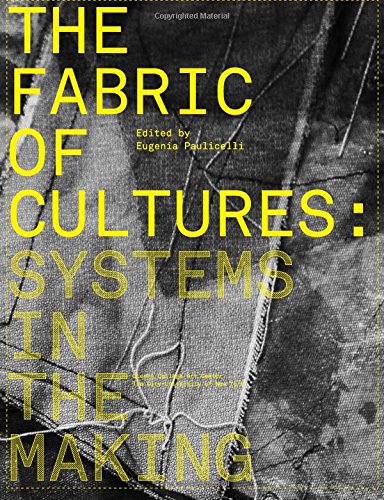The Fabric of Cultures is a pedagogical, research lab and platform that interprets fashion, clothing and textile from a historical, theoretical and globalized perspective as well as in mediated forms such as screen media. The Fabric of Cultures is the result of several years of research, teaching, exhibition curating, and program building within CUNY.
Large manufacturing industries and symbolic machines such as fashion and clothing are not neutral platforms and structures. Rather, they affect millions of people in their everyday lives and in their work and social interactions. Fabric and fashion are intertwined domains that touch on the political and the collective. Fashion has a profound impact on the public self, national self-image and projection and utopias, as well as on the most intimate structure of feeling in the construction and perception of identities that are fluid in their manifestation and cannot be divorced from gender, race and class.
In its broadest context and definition, fashion establishes a set of practices, codes and manners–what we could call affective regimes–that regulate the rhythms of people’s existences, as well as the way they communicate in society, with each other and how they project desire through dress. These set of practices are acquired through culture. Fashion then “plays a key role in regulating the politics of [both individual and collective] subjectivity” (Altinay: 2016) and can be interpreted as multiple modes of “embodied historiography” (Altinay: 2016).
The Fabric of Cultures brings attention to the art of making and its knowledge producing processes. At the core of The Fabric of Cultures is the understanding that clothing and fashion work within larger power systems that are linked to economics, migration, social justice, climate change and sustainability, technology, and cultural and political transformations. The Fabric of Cultures pays special attention to women’s work in the fashion industry, NY based entrepreneurs, makers and communities and in a comparative perspective with other countries such as Italy.
We envision The Fabric of Cultures as a platform for activism and social change. Visit The Fabric of Cultures website to read more about the pedagogy.
– Eugenia Paulicelli
Altinay, Rüstem Ertug, Dressing for Utopia. Fashion, Performance, and the Politics of Everyday Life in Turkey (1923-2013), PhD Dissertation, New York University, 2016.


